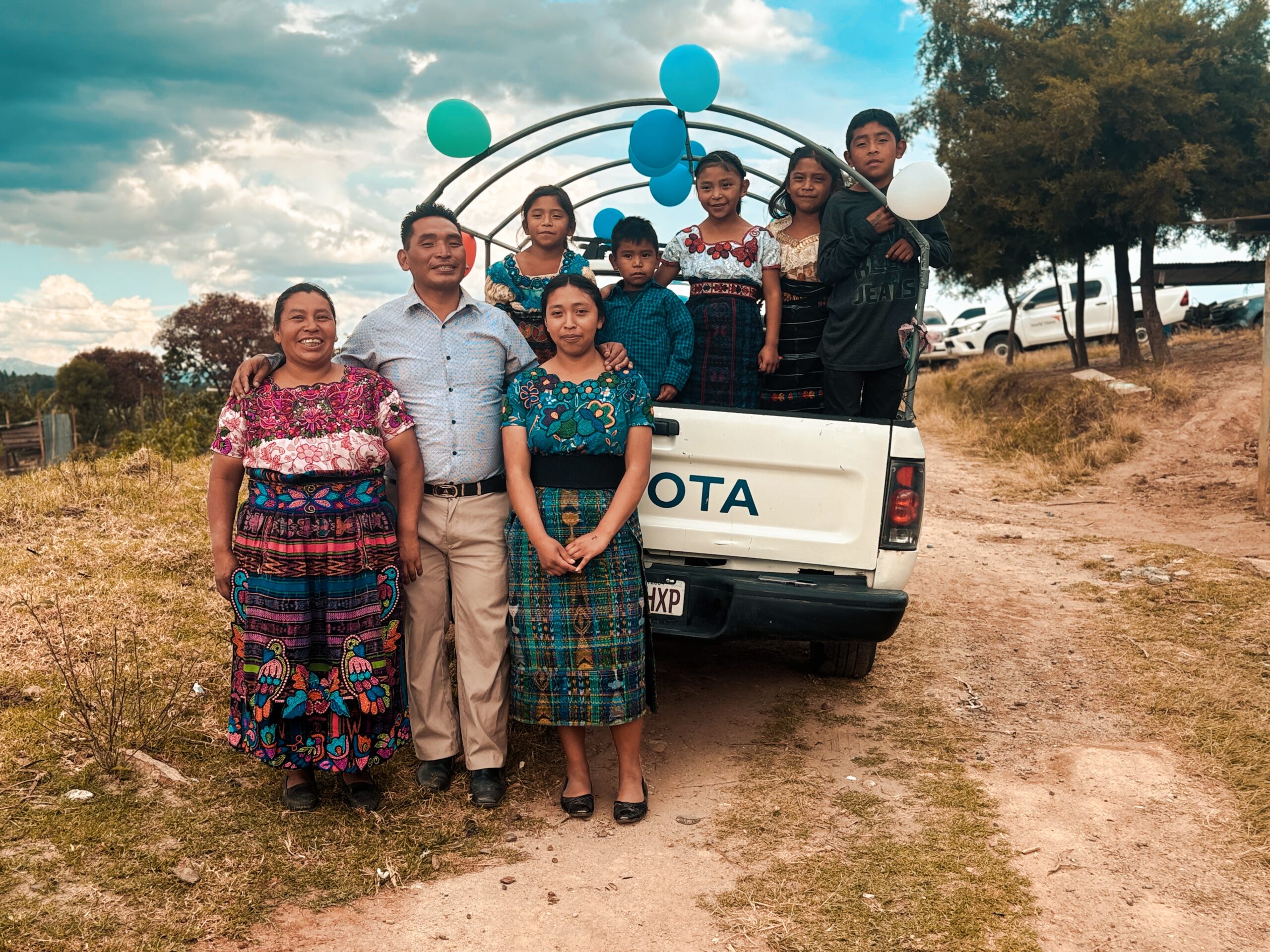
How Companies Can Help Women and Girls Break the Cycle of Extreme Poverty
If we want to build a future where women and girls everywhere can thrive, creating safe environments and economic opportunities must be part of the solution. Around the world, inequality for women and girls and extreme poverty are deeply intertwined — limiting access to education, income, and basic resources. In sub-Saharan Africa alone, women and girls spend nearly 200 million hours every
